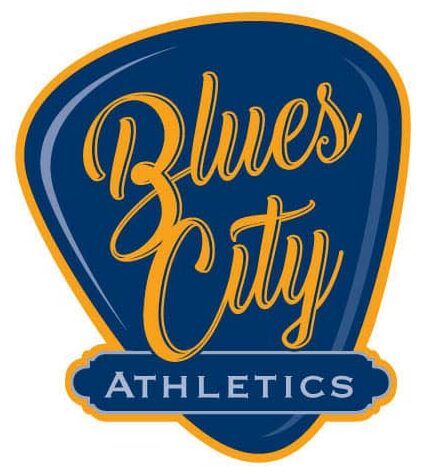ARE YOU TIRED OF:
Boring Workouts Alone?
Blues City Athletics in Saint Louis is a different kind of gym. We're a community united by a common goal: to become the best version of ourselves. We welcome all levels of fitness!
Feeling Lost
In The Gym?
Blues City Athletics is a fun place to train, and you don’t need to be an athlete to be able to participate! We provide the guidance, our coaches coach you and modify your daily workouts so they’re suitable for you!
Not Having A
solid Game Plan?
Finally make time for yourself and get more done in less time. Through experienced coaching, the right people, and a game plan for success, we focus on getting you the results you want.
Then We Are Ready...
To Guide You On Your Journey!
CROSSFIT
Weightlifting
PERSONAL TRAINING
Online Training
CATBODIES GYMNASTICS
YOUTH TRAINING
Nutrition
Programs
WHAT PEOPLE ARE SAYING
REAL MEMBER REVIEWS





Join The Best gym near me in Saint Louis!
Are You Ready To Level Up?
Getting Started Is Easy!
STEP 1
SCHEDULE YOUR
FIRST VISIT
Talk with a coach about your goals and meet our trainers, tour the gym, and learn more about our programs.
STEP 2
START
YOUR TRAINING
We will start you strong by taking you through the fundamentals of training and sound habits, putting you on the road to success!
STEP 3
HAVE FUN REACHING
NEW LEVELS
Book classes easily on our app, improve your fitness, and enjoy the workouts with awesome people and reach your goals in no time!
this is your call to action...
start Your Journey today!
Got Questions? We've Got Answers Right Here!
Super simple! Just click get started anywhere here on the page to book your free intro session where you’ll get to tour the gym & meet our coaches.
We will chat about your current situation, your desired situation to see if we can help and if we are good fit for each other. Sign up today!
If you’re a beginner and just starting out then 2-4 times per week will be enough to see results and allow you to adjust.
You’ll be sore some days, so allow yourself recovery days between training sessions at first – over the course of the following months work up towards 5 days per week if you want to maximize! Sign up today!
We offer an exciting, challenging and varied programming which will keep it fun! The workouts are published in advance
Some days are more strength focused where will focus on our lifts. Movements like barbell squats, kettlebell swings and occasionally some olympics lifts will be included.
Other days, we may focus more on cardio & conditioning with rowers and bikes. Some days are focused on body weight movements like pushups, sit-ups, and pull-ups. Some days are a mix of everything. Sign up today!
Each class is 60 minutes and led by qualified coaches. We always start together with a warm-up designed to activate the muscles being used in the workout.
The coach will brief the group on the workout, the movements, and the proper form. During the workout, the coach will be guiding and providing instruction.
At the end of class, we will cool down together to accelerate recovery and reduce potential injury. Sign up today!



